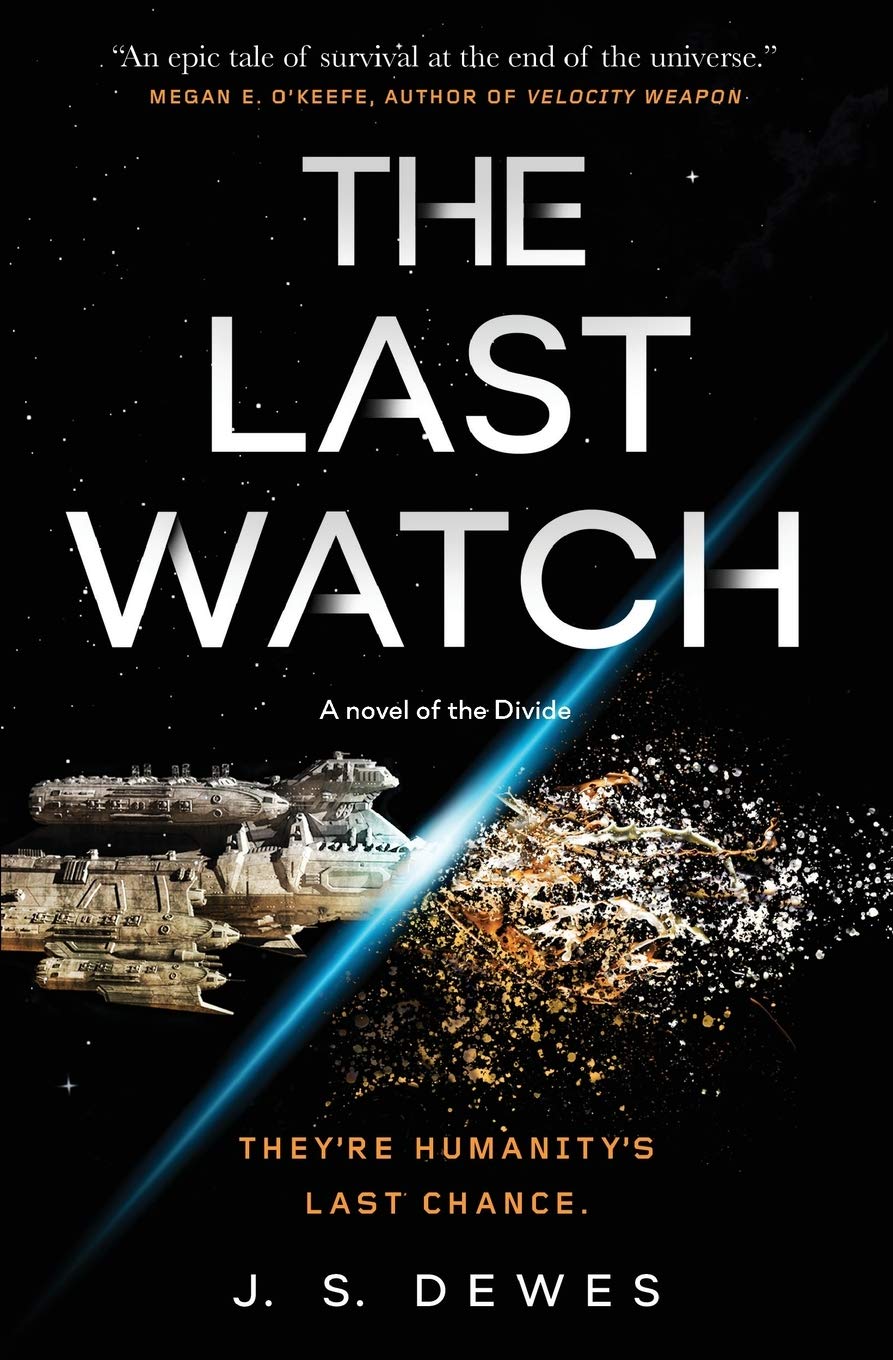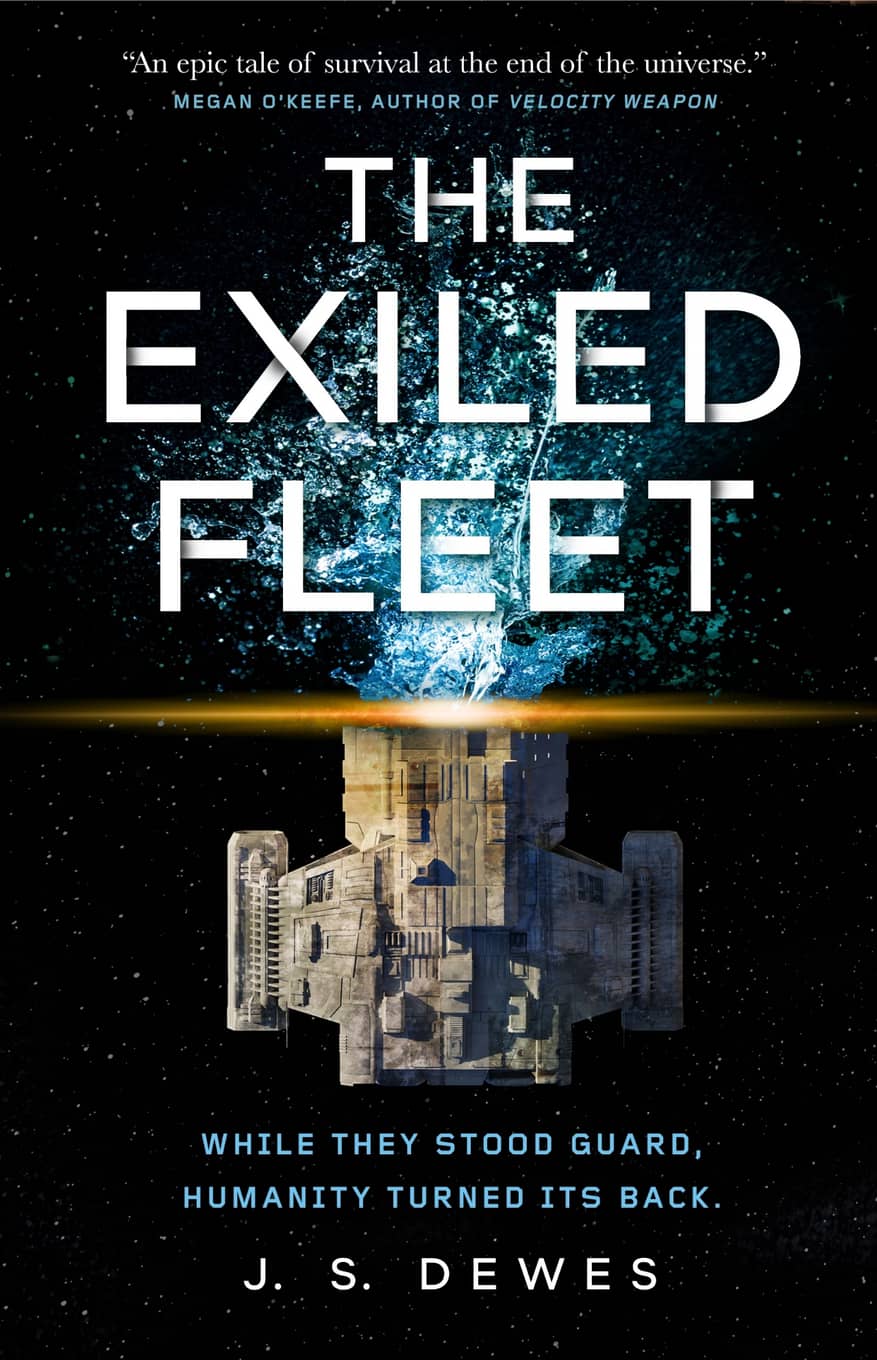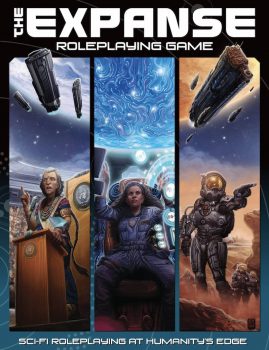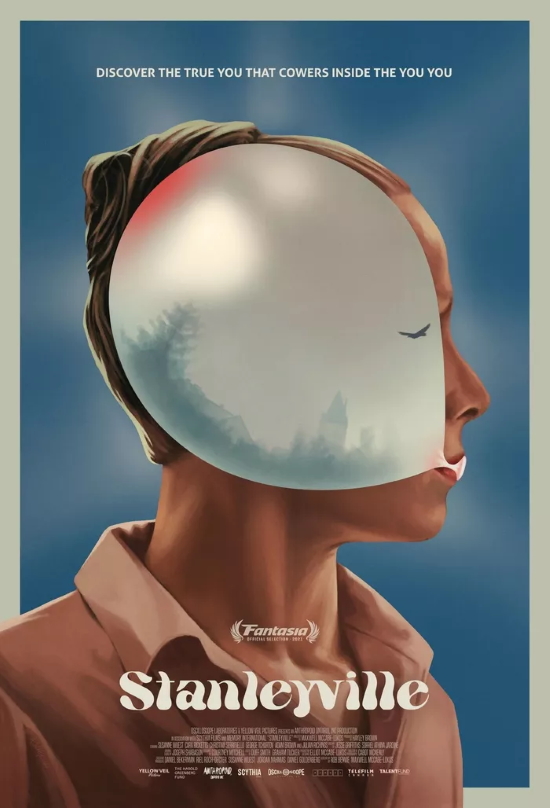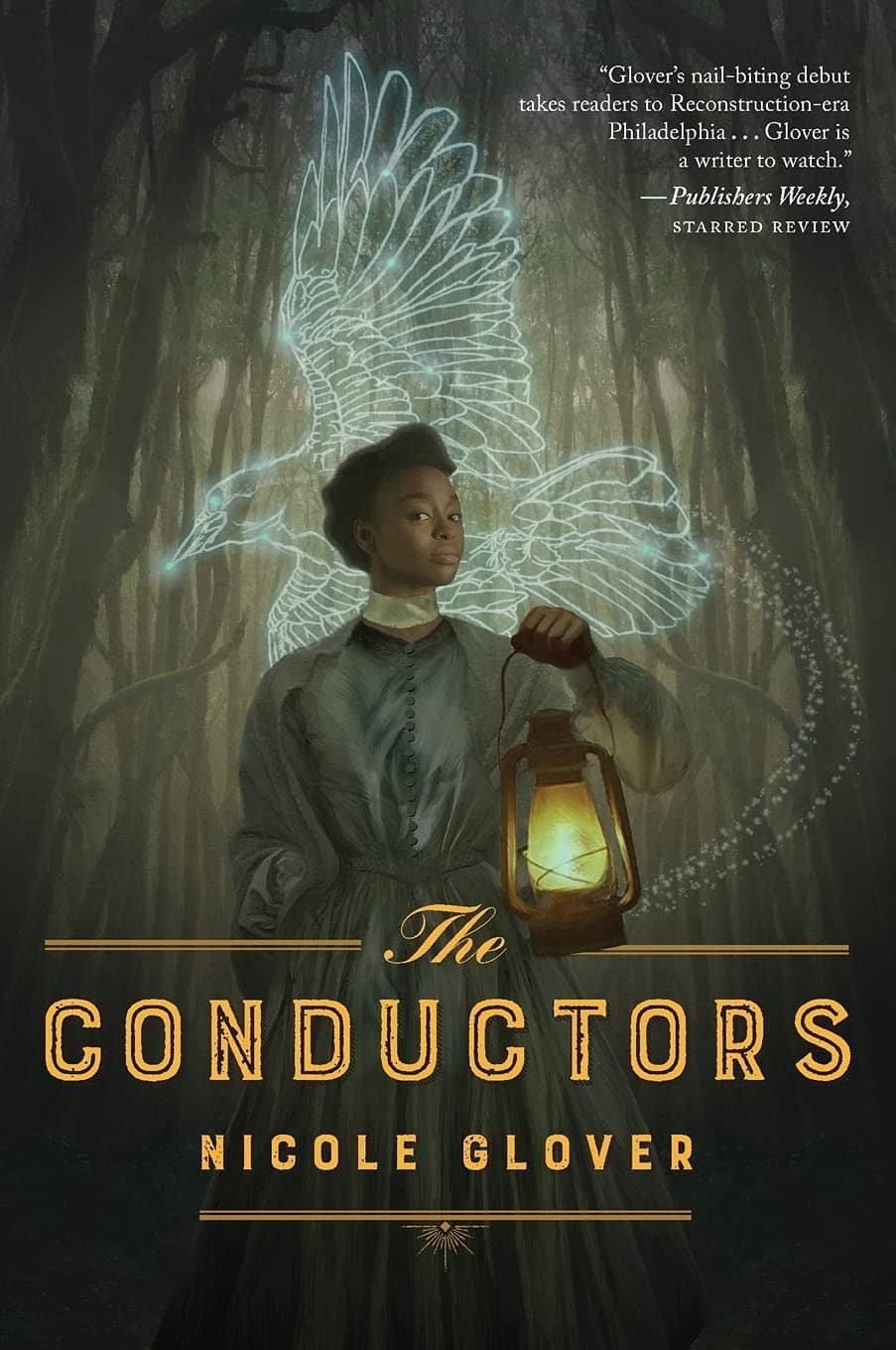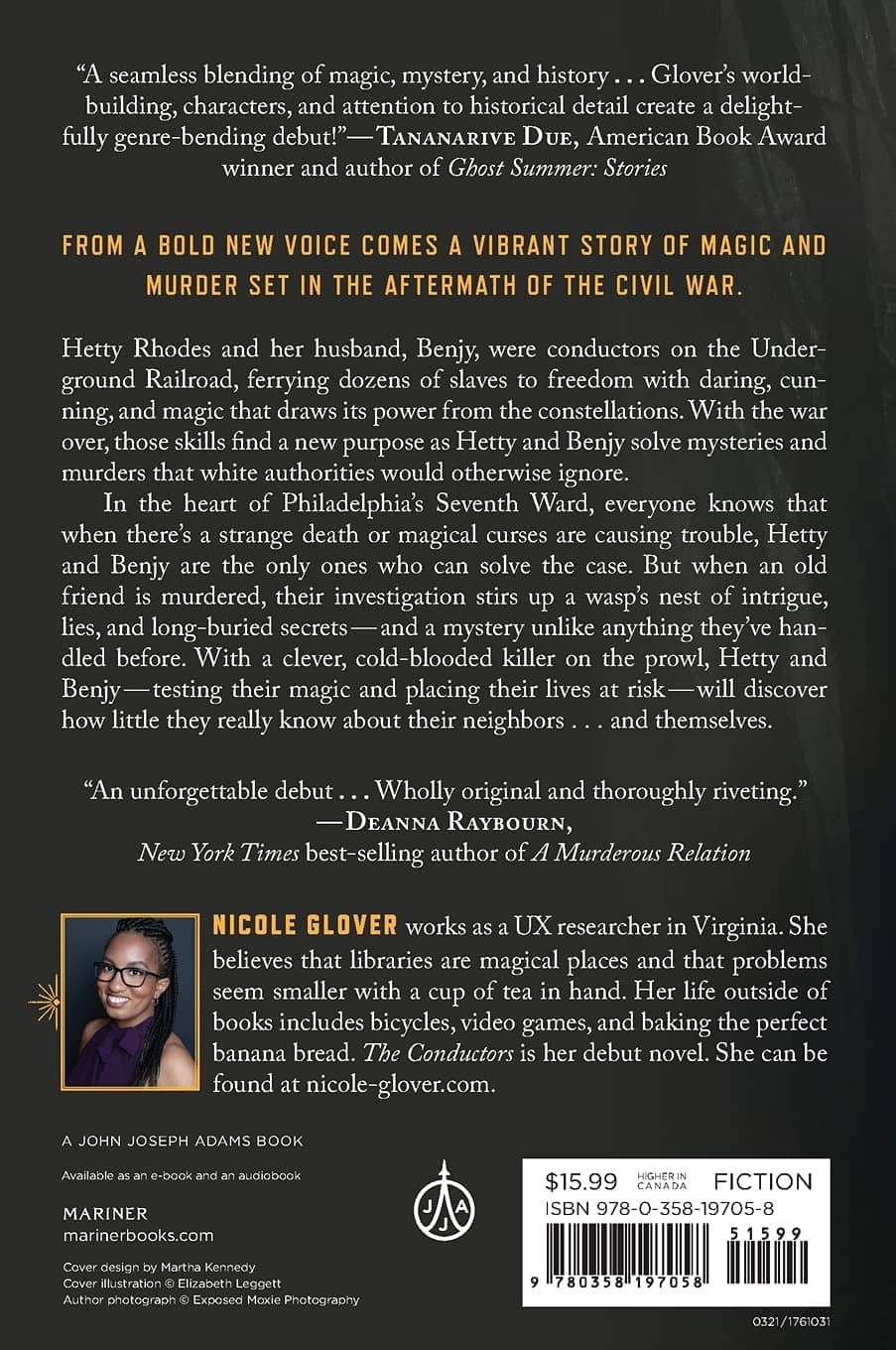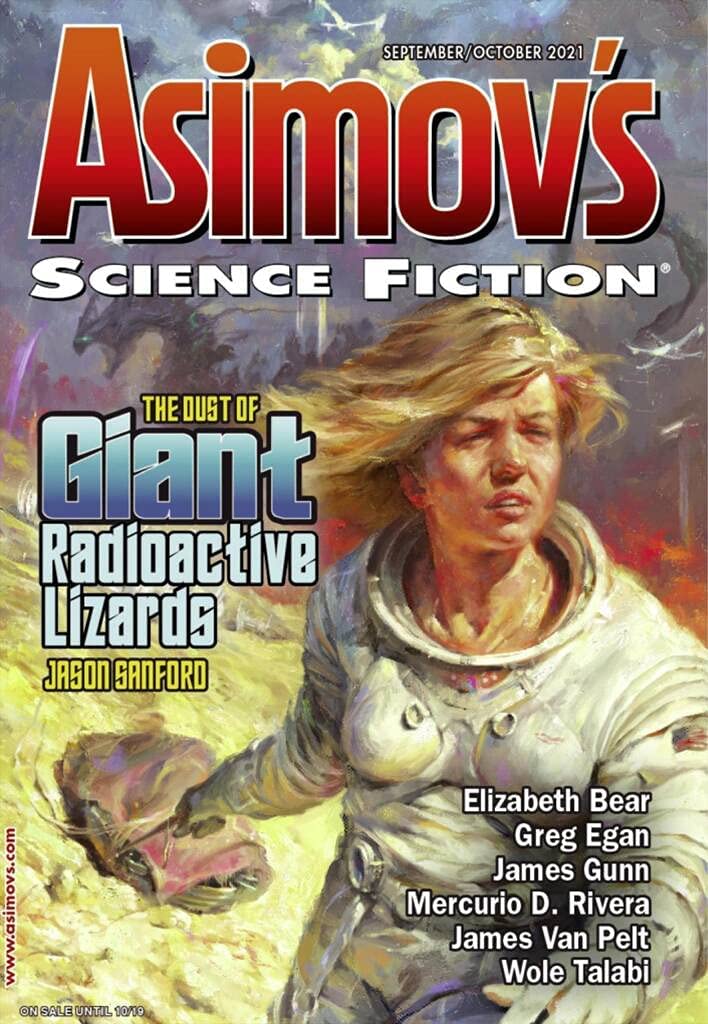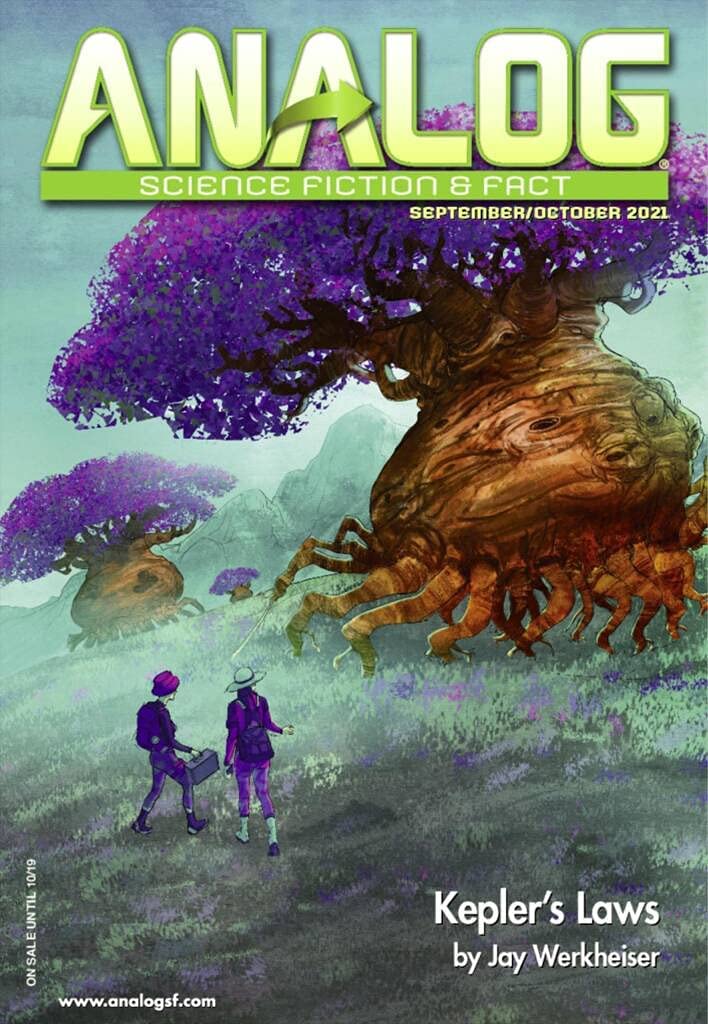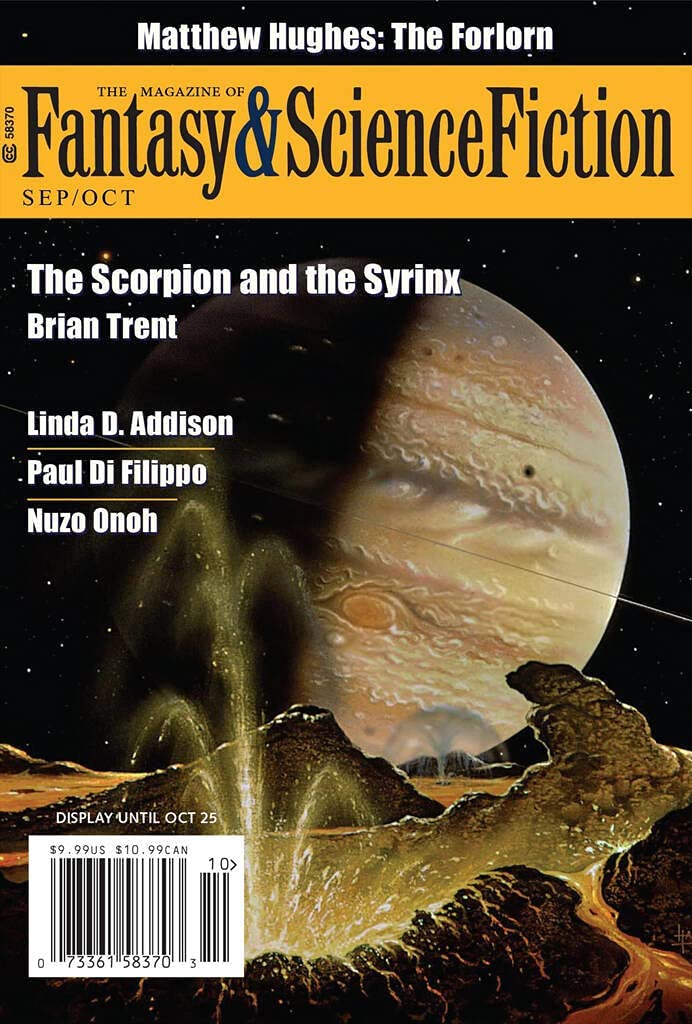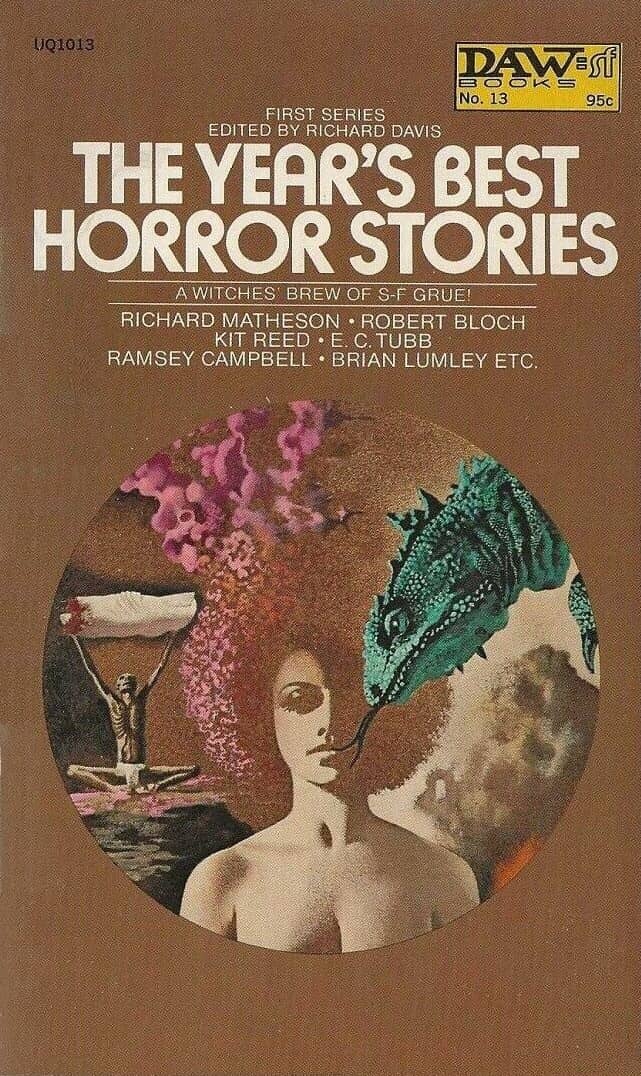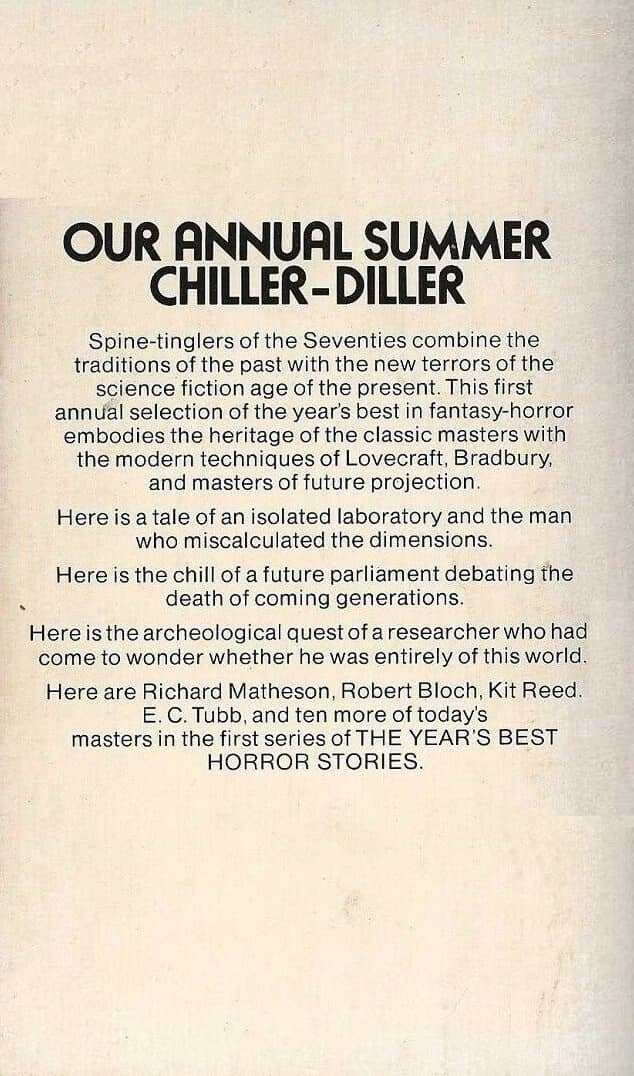Fantasia 2021, Part XlV: Glasshouse
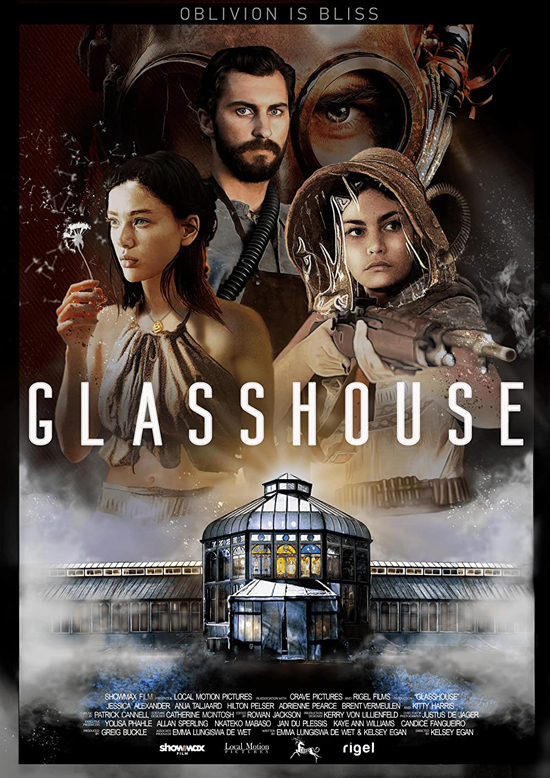 “Cloud” is a 29-minute film from France, directed by Joséphine Darcy Hopkins and written by Hopkins with Jean-Jacques Kahn. Hopkins is part of Les Films de la Mouche, a collective that (per ScreenAnarchy) aims to “mix very personal obsessions with ‘genre grammar.’” That’s visible here, in a story about a radioactive cloud descending on a small town, which prompts 15-year-old Eugénie (Cypriane Gardin) to run away with her friend Capucine (Solène Rigot) and Capucine’s ailing mother (Catherine Salée). The movie takes some unpredictable twists, and spends much of its time as an unusual character-centred buddy movie. It looks very nice, with some lovely natural backgrounds in a forest at night and among the mountains by day; the threat of the cloud is sometimes distant, but never entirely absent, flavouring the story with a science-fictional overtone. I thought the ending was a touch too ambiguous, but then again it’s difficult to see a better resolution.
“Cloud” is a 29-minute film from France, directed by Joséphine Darcy Hopkins and written by Hopkins with Jean-Jacques Kahn. Hopkins is part of Les Films de la Mouche, a collective that (per ScreenAnarchy) aims to “mix very personal obsessions with ‘genre grammar.’” That’s visible here, in a story about a radioactive cloud descending on a small town, which prompts 15-year-old Eugénie (Cypriane Gardin) to run away with her friend Capucine (Solène Rigot) and Capucine’s ailing mother (Catherine Salée). The movie takes some unpredictable twists, and spends much of its time as an unusual character-centred buddy movie. It looks very nice, with some lovely natural backgrounds in a forest at night and among the mountains by day; the threat of the cloud is sometimes distant, but never entirely absent, flavouring the story with a science-fictional overtone. I thought the ending was a touch too ambiguous, but then again it’s difficult to see a better resolution.
Along with the short came Glasshouse, a post-apocalyptic tale from South Africa and director Kelsey Egan, who co-wrote with Emma De Wet. It’s set some time in the future, when Earth’s atmosphere’s been contaminated by a plague called the Shred, which destroys human memories. One small family — consisting of an old matriarch (Adrienne Pearce), three sisters, and a brain-blasted brother (Brent Vermeulen) — all live together holed up in an expansive greenhouse, a self-sufficient ecosystem where the plants create clean air (don’t ask where the family’s protein comes from, because I don’t know and the film isn’t really interested in that kind of detail). A mysterious stranger (Hilton Pelser) enters the house from outside, his memories apparently more-or-less intact, disrupting the family dynamic and unearthing old secrets. The oldest sister, Bee (Jessica Alexander) is drawn to him; the mother is more suspicious.
